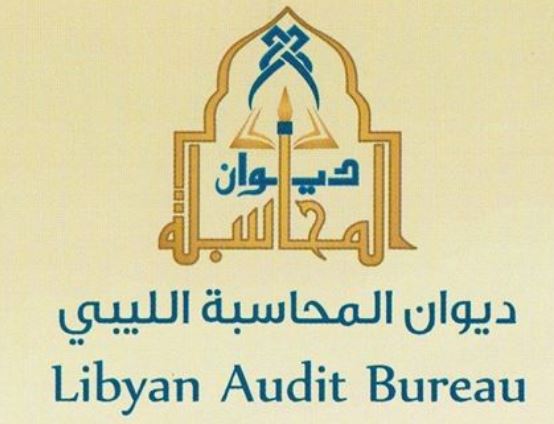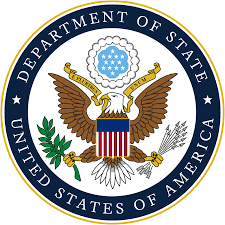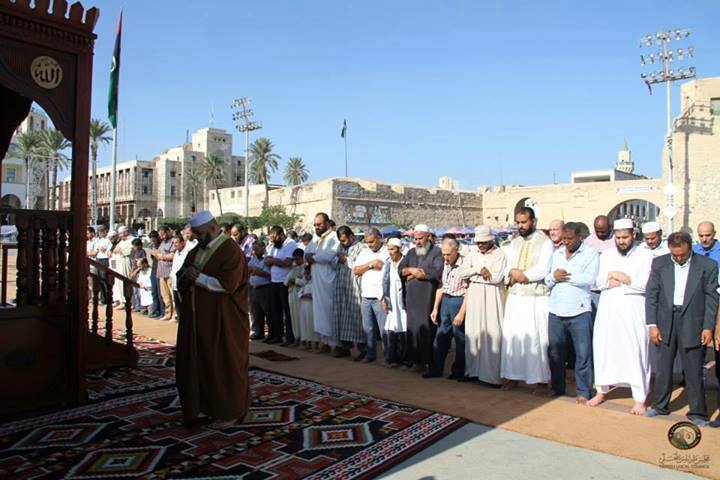By Sami Zaptia.
Tripoli, 31 October 2013:
Speaking at yesterday’s press conference, Prime Minister Ali Zeidan announced that a decision has been taken . . .[restrict]by his government to build two new oil refineries.
The larger of the two refineries with a capacity of 300,000 barrels would be built in Tobruk while the smaller one with a 50,000 barrels capacity would be in the southern town of Ubari.
Zeidan stressed that these would be to produce for local consumption.
It will be recalled that during an oil conference in Tripoli in September, it was argued by a number of experts that Libya did indeed need to develop its downstream industry such as developing oil refineries. This it was argued was one of the easiest means of diversification of incomes and reducing the cost of imports such as refined fuel products.
On the one hand it was argued that Libya needed to develop its downstream capacity in order to take advantage of its natural local advantages, whilst it was also argued that any refinery Libya does develop should be “world class”.
The announcement that the Ubari refinery would only have a capacity of only 50,000 barrels seems on the face of it at odds with advice given at the conference that refineries needed to be of a capacity of at least 300,000 to make them commercially competitive. It will be interesting to see what experts have to say regarding this and whether it is worth increasing the Ubari refinery capacity for possible export to sub-Saharan Africa, for example. [/restrict]










